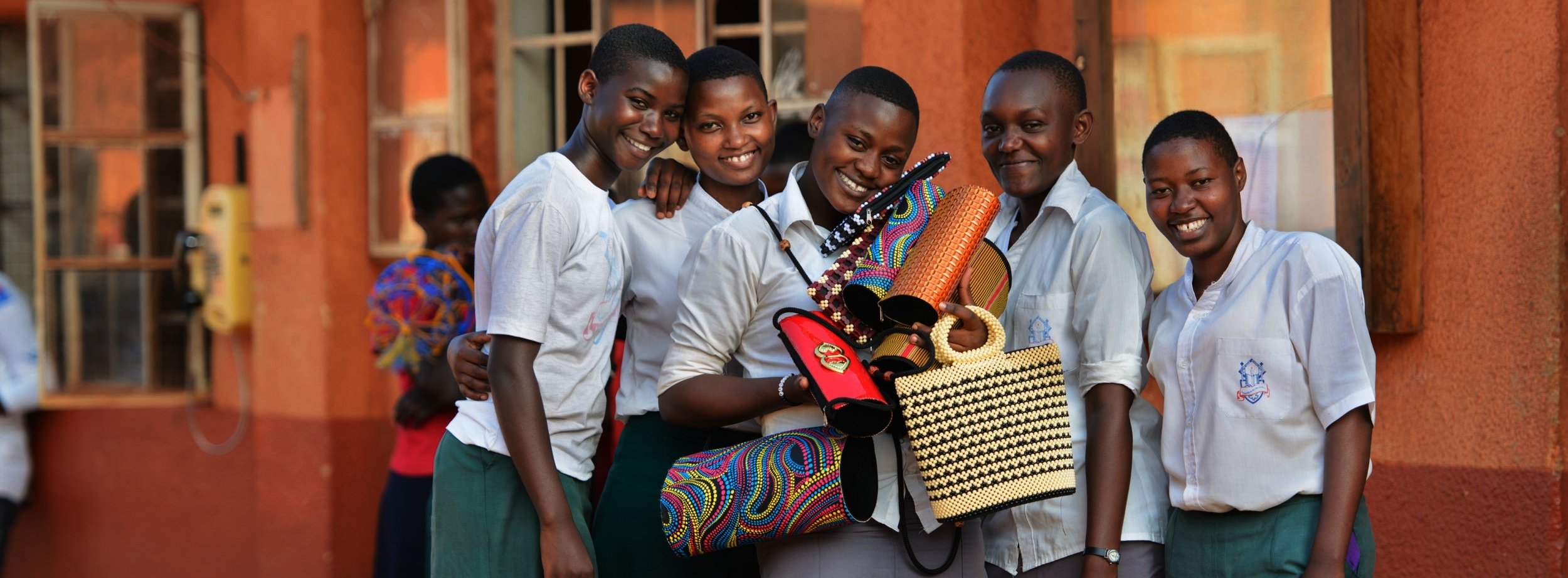Gender-Transformative Approach
Advancing gender equity, increasing agency, and empowering young women and girls is core to Educate!’s approach. We implement a gender-transformative approach that has been proven to lead to improved outcomes for young women and girls.
Educate!’s Gender Equity Strategy
1. Ensuring Inclusion and Equitable Access: We address barriers to participation and learning – from model design to implementation – ensuring delivery of an inclusive approach that meets the needs of young women and girls.
2. Facilitating Gender-Sensitive Environments: We deliver a gender-sensitive curriculum and barrier-breaking pedagogy, with the goal to facilitate gender-responsive learning environments that support girls. We also facilitate mixed-gender learning spaces, where girls and boys explore and challenge gender stereotypes together, while boys become advocates for greater gender equity and allies in dismantling the gendered barriers that hold girls back.
3. Building Supportive Ecosystems: We recognize that to empower young women and create enabling environments that help them succeed, we must move beyond improving access and curriculum to engage the wider ecosystem that surround young people. We engage teachers, caregivers, spouses, and community members in conversations around gender equity and supporting girls, with the goal to create a supportive ecosystems that uplifts girls.
When girls are educated and empowered, families get healthier, economies grow, and cycles of poverty are broken. By all accounts, life gets better.
Educate!’s approach has consistently delivered outsized impact for young women and girls
Compared to their peers, young women in Educate!’s in-school model experienced:
An increase in annual income of 244%.
Increased business ownership by 91%.
Increased employment by 113%.
It also found significant and persistent impacts on students’ transferable skills as well as important gender equity outcomes for both young men and women four years later.
This included improvements in skills, educational attainment, and gender-related outcomes, such as delayed family formation and a reduction in the threat and incidence of intimate partner violence.
Young women report fewer incidences of domestic violence and are more likely to claim a role in household decision-making, like whether to work outside of the home.
Young men are more likely to recognize women’s value, roles in society, and right to safe and consensual sex.
Young men and women delay family formation, have fewer children, and express more egalitarian views after participating.




